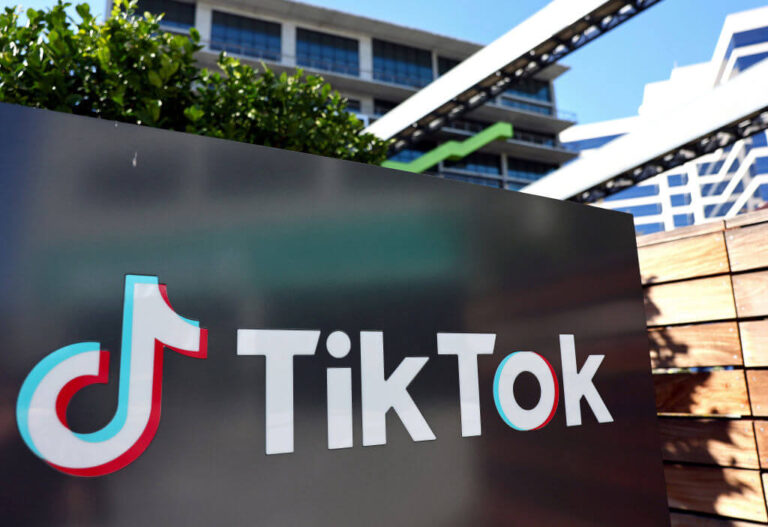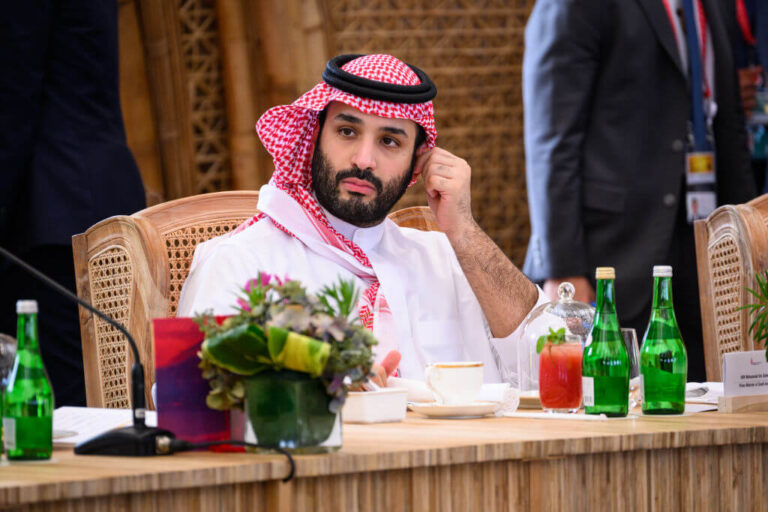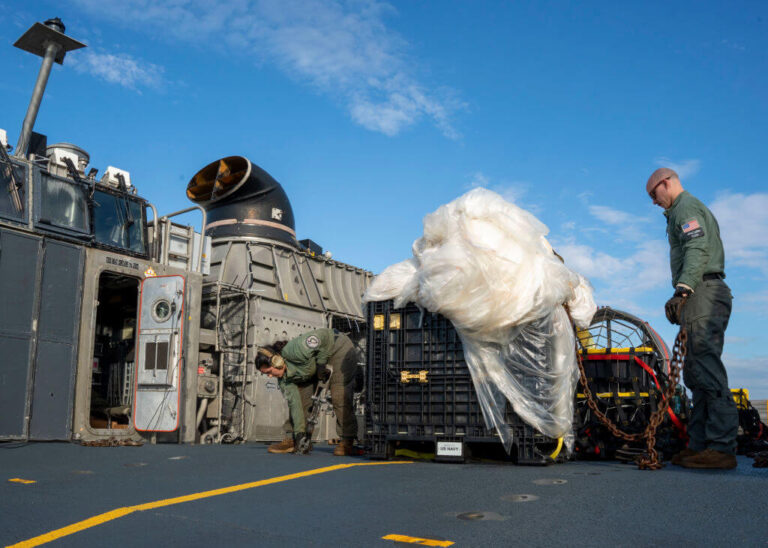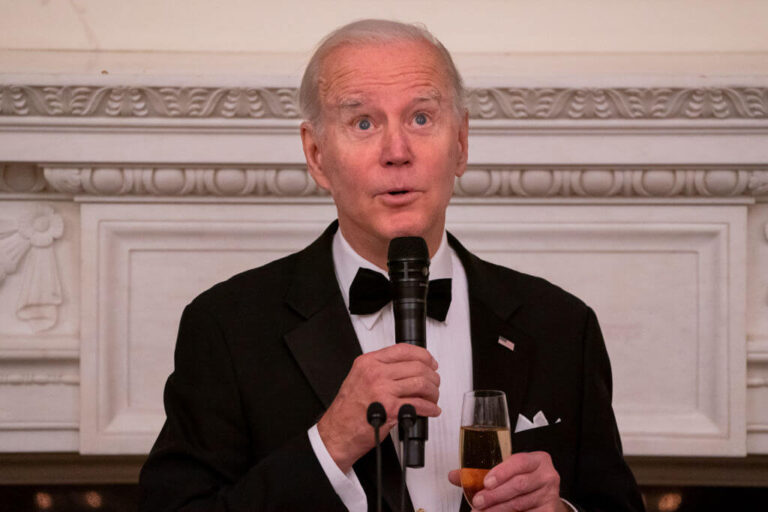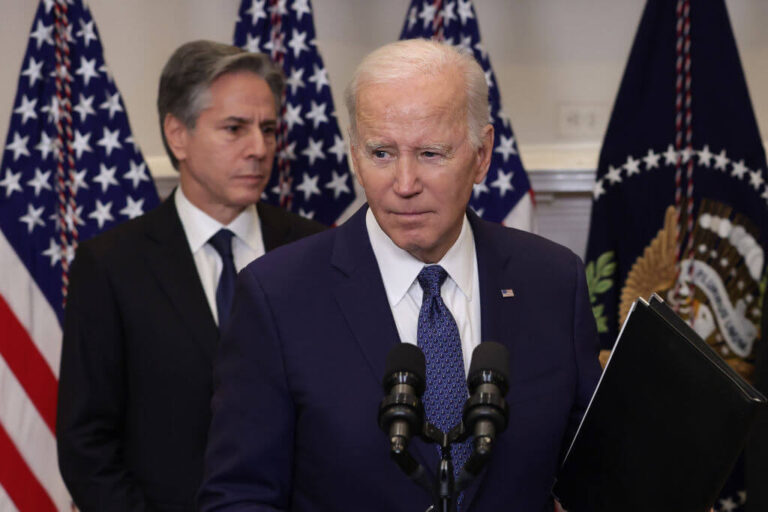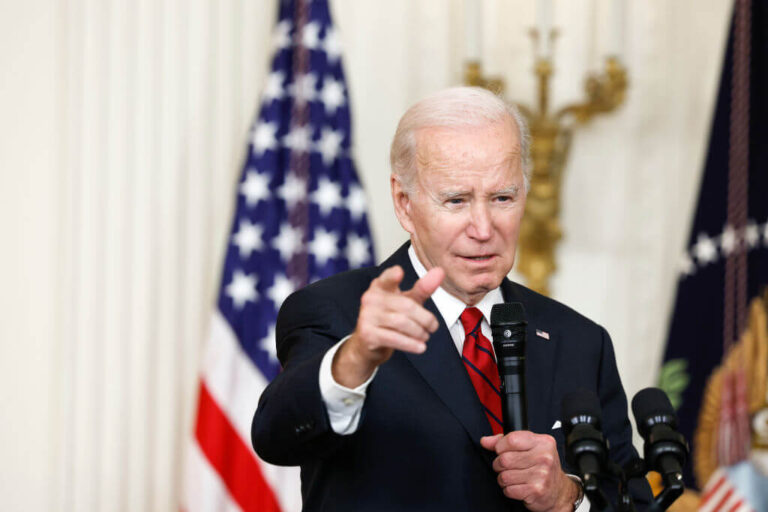Following the recent shooting of a Chinese Balon, we see another instalment of an international rivalry between the U. S. and China. This time, once again, the main line of disagreement becomes Tik Tok.
Recently under the Biden administration, having TikTok on a device issued by the federal government has become illegal. Currently, U. S. leads the list of countries such as U. K. New Zealand, Denmark, Belgium, and Canada that have banned or are intended to restrict the use of Tik Tok on government devices. Moreover, on March 16, the same Democratic administration demanded that Chines withdraw its TikTok stakes or face a possible U.S. ban.
The TikTok rhetoric is a continuation of the narrative that Donald Trump initiated. Under the recent republican administration, banning TikTok was considered by progressives as a radical concept that would lead to the polarization of society. Interestingly, this time under a Democratic administration, the proposition has returned with redoubled significance, and this time it might have been seen as a unifying idea for Republicans and Democrats.
TikTok currently has around 100 million users in the U. S. alone. The app is an example of the global success of Chinese capital, which has managed to dominate an industry hitherto the exclusive domain of the U. S. This success is mainly due to TikTok's innovative data collection system, which analyses a broad spectrum of human behaviour.
TikTok's rapid expansion coincides with the ongoing deglobalisation and nationalisation of the internet. China is one of the pioneers in building its closed network. Countries like Russia and Iran are following China's footsteps.
- Read more: One year later, U.S. stands with Ukraine
Analysing the attempts to oust TikTok from the markets of the U. S. and Western countries, it is worth mentioning the prohibition of Western internet platforms from operating within China. The unfettered access to the Western internet by Chinese technology companies makes the access to sensitive data between China and the West unbalanced.
After February's shooting of a Chinese Balloon over America, there is broad public support for attempts to limit Chinese influence in the democratic world. The shared vision of negative TikTok's influence and spying role brings Democrats and Republicans closer together. Ironically, the TikTok affair shows that in democratic societies, nothing unites like a common enemy.
Author:
Szymon Polewka is a student of international relations at the Jagiellonian University in Kraków, specializing in the history of international relations, the Eurasian region, DACHL countries, intercultural relations, and the energy sector. He is currently on a scholarship at the University of Bremen. He has gained experience organizing the 2020 Economic Forum in Karpacz and numerous youth and student associations, such as AIESEC or Koło Naukowe Wyzwań Zielonego Ładu.
This article was written as part of the statutory activities of the Polish think tank Warsaw Institute. If you appreciate the content prepared by our partner, we appeal to you for financial support for this non-profit organisation.
More information:
www.warsawinstitute.org/support/

